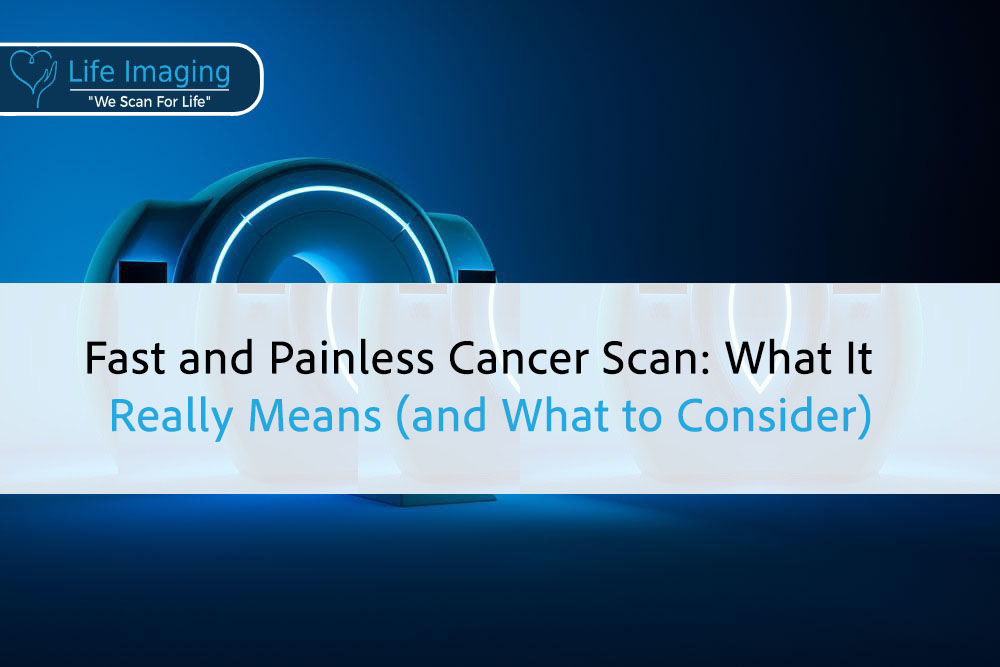
Fast and Painless Cancer Scan: What It Really Means (and What to Consider)
Fast and Painless Cancer Scan: What It Really Means (and

Heart disease is a general term used to describe a number of conditions that affect the heart.
Some people use the term “heart disease” synonymously with “cardiovascular disease,” but they actually reflect two different conditions. While heart disease refers to conditions of the muscular organ itself, cardiovascular disease generally involves a narrowing or blockage of blood vessels going to or from the heart by fatty plaque and/or clots.
A 2019 report in the scientific journal Circulation indicated that 121.5 million US adults, or 48% of the population, have some form of cardiovascular disease, while the Centers for Disease Control and Prevention (CDC) found that nearly 634,000 people died from the disease in 2015, making it the leading killer of Americans.
Life Imaging Fla is an imaging center located in Deerfield Beach and Orlando, Florida. We’re the only dedicated preventive care center in South Florida, serving over 7 million residents. We offer low-dose CT scans and stress testing to evaluate cardiac conditions, and our radiologists can refer patients who need medical services to nearby cardiologists to obtain the best heart care possible.
We know that lifestyle can play a big role in helping to reduce your risk for cardiac disease, and our staff shares five tips to get you going.
The most prevalent form of heart disease is coronary artery disease (CAD). The coronary arteries carry oxygen- and nutrient-rich blood away from the heart and to the rest of the body.
Over time, fats, cholesterol, proteins, calcium, and cellular debris build up along the arteries’ walls, forming a sticky plaque. When the plaque hardens, the conduit narrows, and the walls become more rigid. Though medically called atherosclerosis, it’s more commonly known as “hardening of the arteries.”
The narrowing means the heart has to pump harder with each beat to push the same amount of blood through, taxing the organ and starving the tissues. In addition, sluggish blood flow can lead to clots forming around the plaque. If the clots break free, they can travel to the heart or brain and may lead to a heart attack or stroke, respectively.
Over time, CAD can weaken the heart muscle and contribute to both heart failure and arrhythmias. Heart failure is when the heart becomes unable to pump blood well to the rest of the body. Arrhythmias are changes to the normal heartbeat.
If you’re having chest pains, your doctor will most likely order a computed tomography (CT) scan and a stress test to determine the underlying cause, both of which can be performed at Life Imaging Fla. Chest pain can originate in the heart, but it may also come from the lungs or the part of your gastrointestinal system located in your chest.
The results of the scans can help the team narrow down the list of potential causes of the pain. Conditions include:
In general, serious heart issues often come with other symptoms like pain in nearby areas, lightheadedness, or shortness of breath in men, and back pain, nausea, and fatigue in women. However, many heart issues present with no symptoms at all. That’s why it’s so important to get a scan.
For many people, changing lifestyle habits is a great first step toward promoting or regaining heart health. To reduce your risk of heart disease, follow these five tips:
Bonus tip: By controlling any underlying health conditions, such as diabetes or hypertension, you reduce their effect on the cardiovascular system.
It’s important to know that some forms of heart disease, such as congenital defects, won’t improve with lifestyle changes, but making lifestyle changes still benefits your heart’s overall health.
Want more tips for heart health? Interested in getting a scan to determine if you have silent heart disease? Life Imaging Fla can help. Call either of our offices to schedule, or book your appointment online with us today.

Fast and Painless Cancer Scan: What It Really Means (and
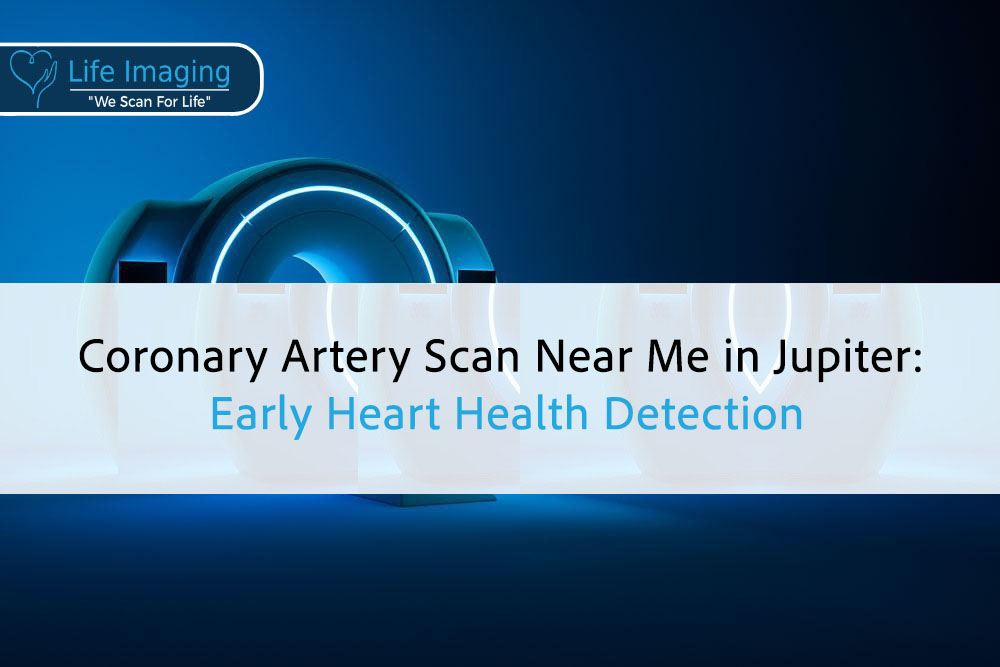
Introduction Your heart works hard every second of the day,
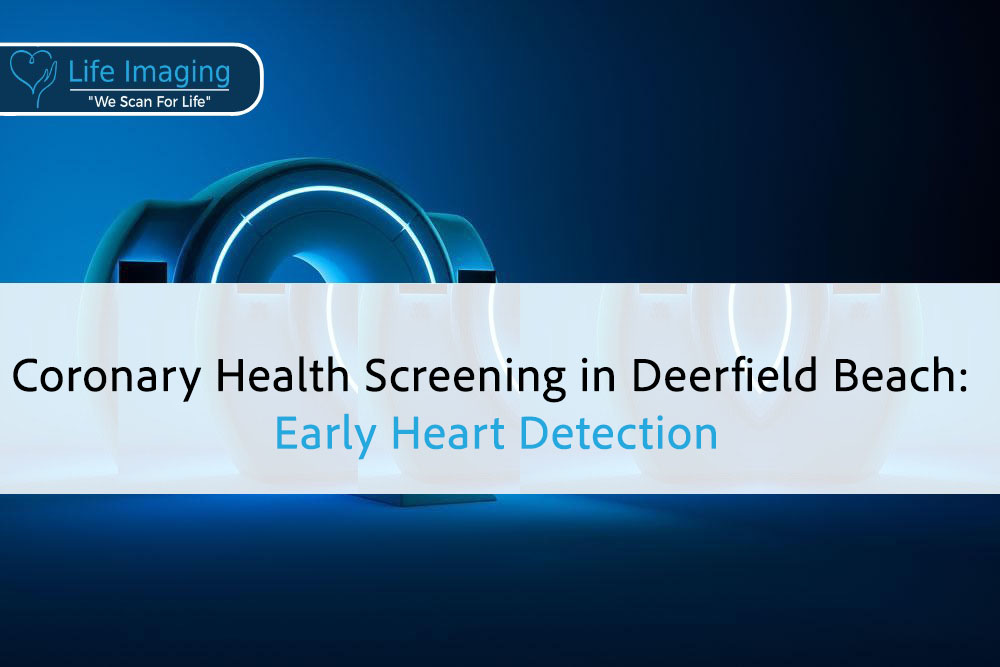
Introduction Your heart works around the clock, but changes inside
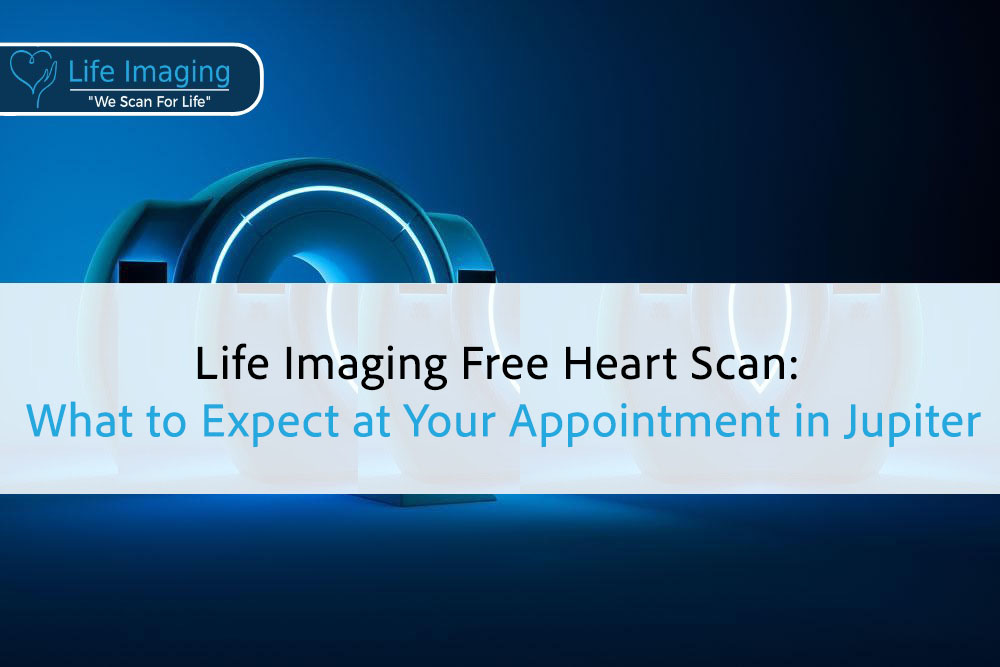
Introduction Your heart works nonstop, often without a single complaint.
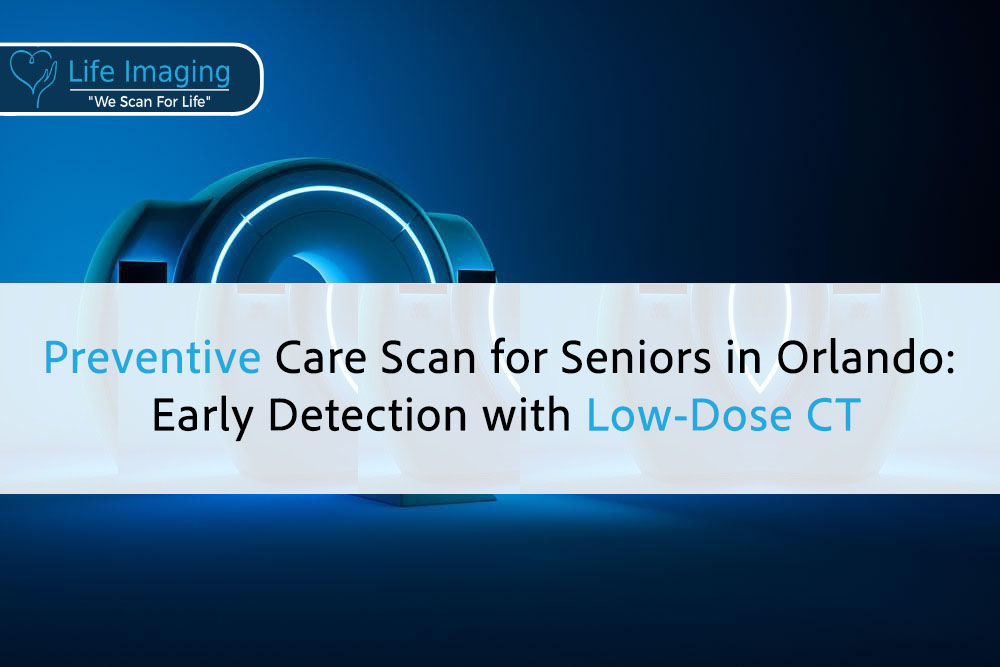
Introduction The best part of getting older is having time
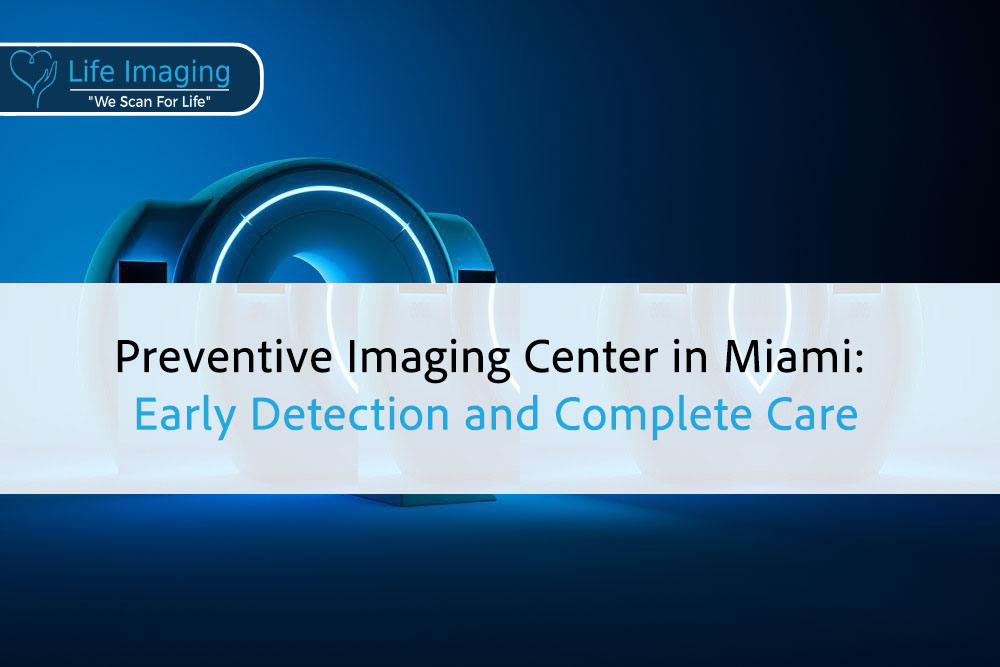
Introduction Good health isn’t just about treating problems, it’s about

* Get your free heart scan by confirming a few minimum requirements.
Our team will verify that you qualify before your scan is booked.
Copyright © 2025 Life Imaging – All Rights Reserved